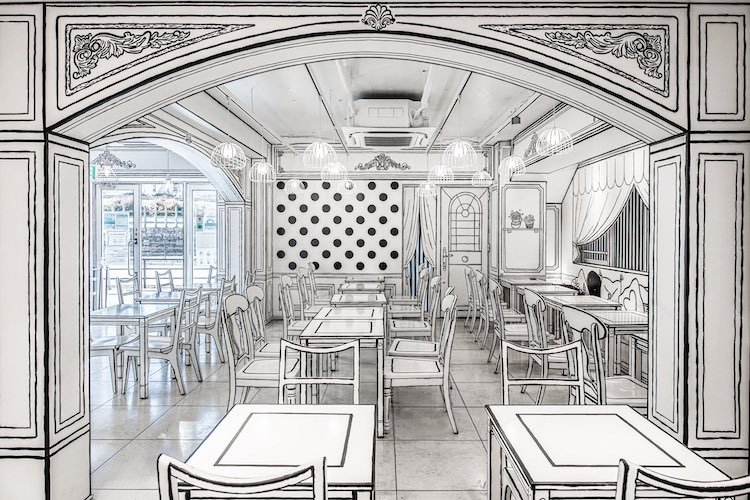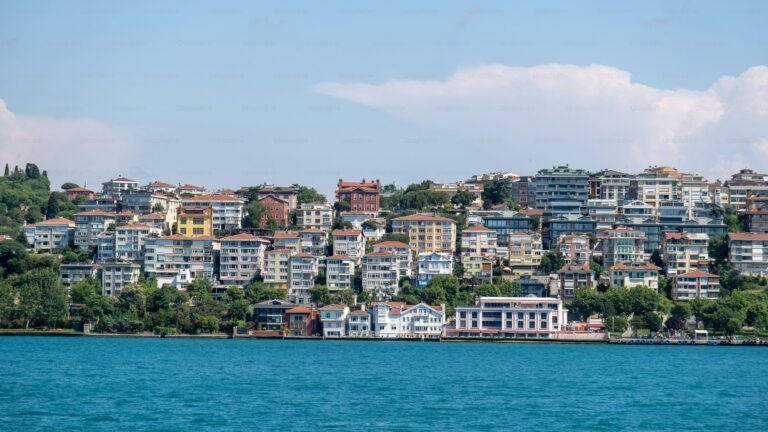Café Manga: Japan’s Cultural Hub for Readers, Dreamers, and Digital Nomads
A Café Manga is a specialized reading and relaxation lounge designed to merge Japan’s manga culture with modern café amenities. It offers vast collections of printed and digital manga, personal booths, free Wi-Fi, beverages, snacks, and, in many cases, overnight accommodation. Originating in Nagoya, Japan, during the late 1970s, the Café Manga concept has evolved from a comic-reading corner into a multifunctional cultural space used by students, travelers, freelancers, and entertainment enthusiasts.
The Evolution of Café Manga Culture
Early Development (1979–1990s)
The first Café Manga opened in 1979, offering a few hundred manga volumes alongside coffee and light snacks. The concept rapidly spread across Japan’s major cities such as Tokyo, Osaka, and Kyoto, transforming into a new social phenomenon.
Technological Expansion (2000s)
By the early 2000s, many establishments integrated internet access, gaming PCs, and DVD rental sections, shifting toward the “Internet Manga Café” model known locally as manga kissa.
Global Adaptation (2010s–Present)
Today, the Café Manga concept thrives globally from Paris’s Manga Café V2 to Seoul’s Nolsoop Comic Lounges serving as microcosms of Japanese pop culture adapted to local lifestyles.
Core Features of a Modern Café Manga
| Feature | Description | Purpose |
|---|---|---|
| Manga Library | Thousands of titles across genres (shōnen, shōjo, seinen, josei, yaoi, yuri). | Encourages exploration of different storytelling styles. |
| Private Booths | Reclining chairs, computer desks, or sleeping mats. | Offers privacy for long reading or work sessions. |
| Unlimited Drinks Bar | Coffee, tea, juice, and soft drinks available 24 hours. | Enhances comfort during extended stays. |
| Internet Access | High-speed Wi-Fi and computer terminals. | Supports students, freelancers, and travelers. |
| Overnight Stay Option | Quiet, enclosed cubicles for rest. | Alternative lodging for missed trains or budget travelers. |
Each feature contributes to user retention, comfort, and engagement, turning simple reading into a holistic leisure experience.
Why Café Manga Is So Popular
1. Affordable Entertainment
Café Manga venues charge hourly fees—usually between ¥300 – ¥600 per hour—making them far cheaper than cinemas or hotels. Customers can stay for hours without spending much.
2. Access to Rare and Vintage Manga
Many cafés archive out-of-print or limited-edition manga, allowing readers to discover series no longer found in bookstores.
3. Ideal Space for Solitude
The booth system provides an environment suited for introverts, students, or remote workers seeking peace without isolation.
4. Community and Cultural Exchange
Café Manga spaces host events, such as cosplay meetups, manga artist workshops, and book signings, connecting creators with fans.
The Business Model Behind Café Manga
A Café Manga operates under a time-based payment structure. Visitors pay for the duration of their stay, with optional services (printing, meals, or premium seats) charged separately.
Revenue Streams Include:
-
Hourly rental of cubicles or booths.
-
Beverage and snack sales.
-
Paid access to exclusive or digital manga archives.
-
Membership or loyalty programs.
-
Affiliate deals with publishers and artists.
The model ensures steady income while keeping the environment casual and inclusive.
The Role of Café Manga in Japan’s Urban Life
Café Manga establishments play a dual role: as cultural sanctuaries for manga fans and temporary shelters for urban commuters. Tokyo’s 24-hour cafés, particularly near Shinjuku, Akihabara, and Ikebukuro, attract customers who miss their last train or need short-term lodging.
Sociologists note that the rise of the “net-café refugee” phenomenon underscores economic shifts in Japan’s gig economy, where young workers use cafés as affordable night shelters.
Café Manga vs. Regular Cafés
| Aspect | Café Manga | Regular Café |
|---|---|---|
| Main Purpose | Reading, entertainment, temporary stay | Food and socializing |
| Pricing | Time-based (per hour or night) | Per item (food or drink) |
| Facilities | Manga library, cubicles, internet | Open tables, limited books |
| Target Users | Manga readers, students, travelers | General public |
| Atmosphere | Quiet, dim, private | Social, bright, open |
How to Choose the Best Café Manga Experience
To find an exceptional Café Manga, evaluate the following criteria:
-
Library Diversity – Check for multiple genres and new releases.
-
Seating Comfort – Reclining or flat seats improve long sessions.
-
Cleanliness Standards – A well-maintained space ensures hygiene.
-
Price Transparency – Look for visible rate charts and package deals.
-
Connectivity – Ensure fast Wi-Fi and device charging ports.
-
Location – Prefer venues near transportation hubs or safe areas.
Café Manga’s Expansion Beyond Japan
Café Manga chains have expanded to Europe, North America, and Asia, adapting menus and interiors to suit local culture:
-
Paris – Focus on art books, manga exhibitions, and French-translated titles.
-
Seoul – Blends Korean webtoons and light novels.
-
Bangkok – Integrates manga cafés with anime merchandise stores.
-
Toronto – Combines manga reading lounges with gaming zones and bubble tea cafés.
Each region adds cultural nuances while preserving the Japanese essence of peace, reading, and creativity.
The Future of Café Manga
The next decade will redefine the Café Manga experience through technology and hybrid models.
Emerging Trends:
-
Digital Manga Tablets replacing physical books for eco-sustainability.
-
VR-Reading Pods that simulate manga worlds in immersive settings.
-
Subscription-Based Access for loyal members.
-
Smart-Café Integration with AI ordering systems and multilingual translation menus.
-
Cultural Tourism Partnerships connecting Café Manga chains with anime studios and museums.
Expert Insight: Café Manga and Mental Wellness
Psychological research from Tokyo Metropolitan University indicates that quiet, enclosed reading spaces reduce stress and improve cognitive focus. Café Manga environments blend bibliotherapy principles with comfort design, creating zones of calm productivity.
Frequent visitors report improved mood regulation, reduced loneliness, and enhanced creativity demonstrating how a leisure model can positively affect urban mental health.
See More: Mastering the Concept of “Online SeveredBytes”
Ralpha Meaning: Complete Definition, Origin, and Spiritual Significance
Conclusion
Café Manga represents the fusion of Japanese pop culture, hospitality, and personal space. From a small Nagoya concept to a global phenomenon, it now stands as a symbol of creative refuge and digital leisure. Its flexible pricing, diverse audience, and evolving technology ensure it remains relevant in an increasingly connected world.






